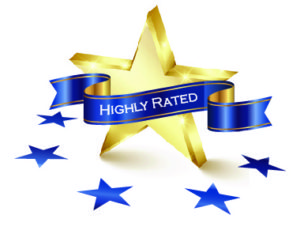 (2018) | (Available in English and Spanish) Useful to Parent Centers, families, and child care professionals and educators.
(2018) | (Available in English and Spanish) Useful to Parent Centers, families, and child care professionals and educators.
Is your child willing to take on challenges and keep working on them despite setbacks? That’s a sign of a growth mindset—believing that abilities can improve over time. In contrast, some struggling learners have a fixed mindset. They think that their abilities are set and won’t ever improve, even with effort.
These 5 activity worksheets can help children develop a growth mindset. It’s an ongoing process, but parents can help children move from a fixed mindset to a growth mindset by doing some simple growth mindset exercises. A child can start thinking, “What’s next?” and “I can”—instead of “I’m done” and “I can’t.”
The 5 worksheets are:
- Try Saying Something Else (Fixed vs. growth mindset activity for younger kids)
- What I Can Say Instead (Fixed vs. growth mindset activity for older kids)
- 15 Growth Mindset Questions to Ask (Poster)
- Why I Can Do This (Worksheet to get from “I can’t” to “I can try”)
- This Didn’t Work Out: What’s My Next Step? (Growth mindset action plan)
Download the English versions of any and all of these, at:
https://www.understood.org/en/friends-feelings/empowering-your-child/building-on-strengths/download-growth-mindset-activities-for-kids
Also available in Spanish (Actividades para fomentar la mentalidad de crecimiento en los niños), at:
https://www.understood.org/es-mx/friends-feelings/empowering-your-child/building-on-strengths/download-growth-mindset-activities-for-kids
Back to top
________________________________________________________
**Highly Rated Resource! This resource was reviewed by 3-member panels of Parent Center staff working independently from one another to rate the quality, relevance, and usefulness of CPIR resources. This resource was found to be of “High Quality, High Relevance, High Usefulness” to Parent Centers.

